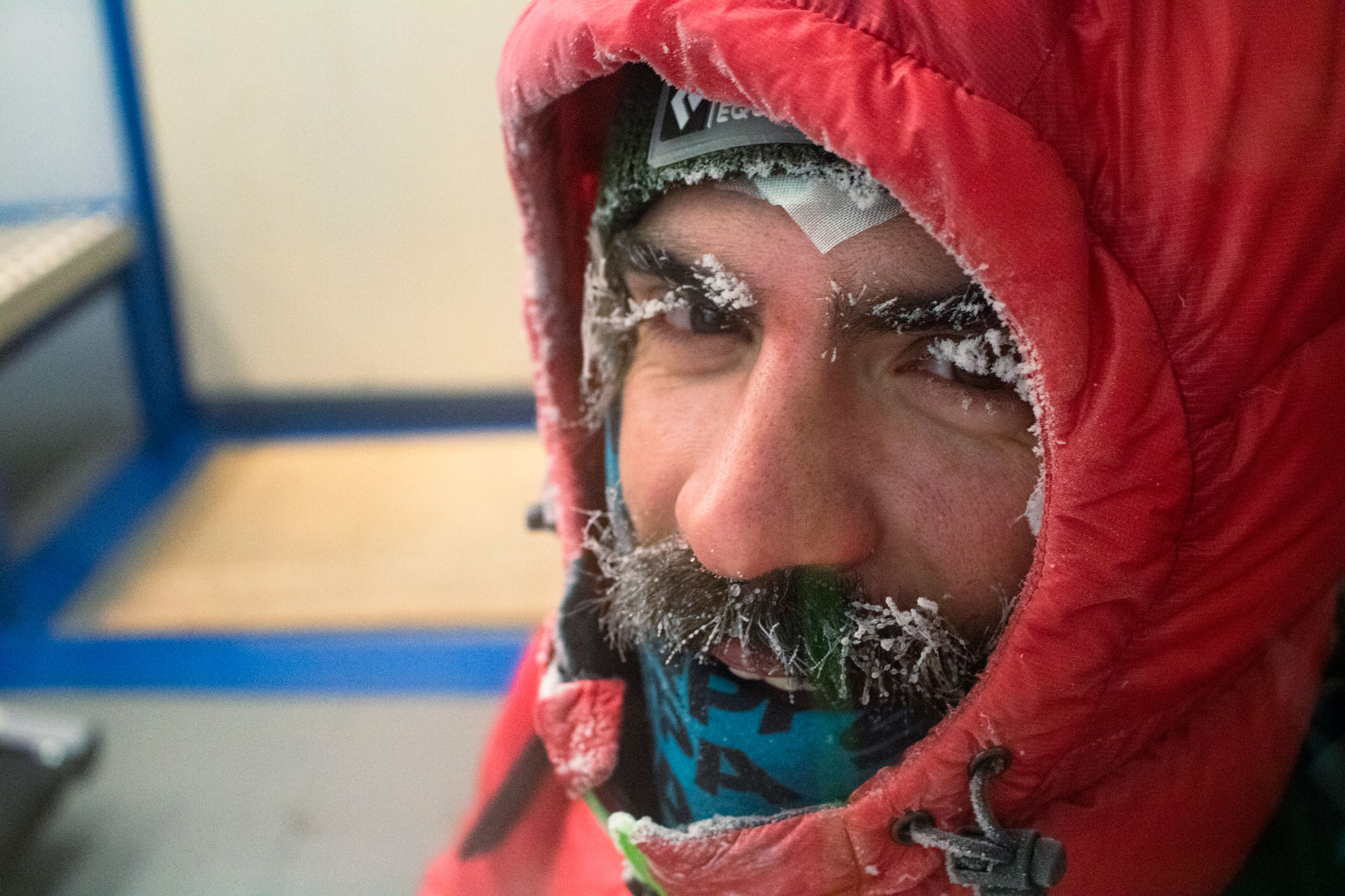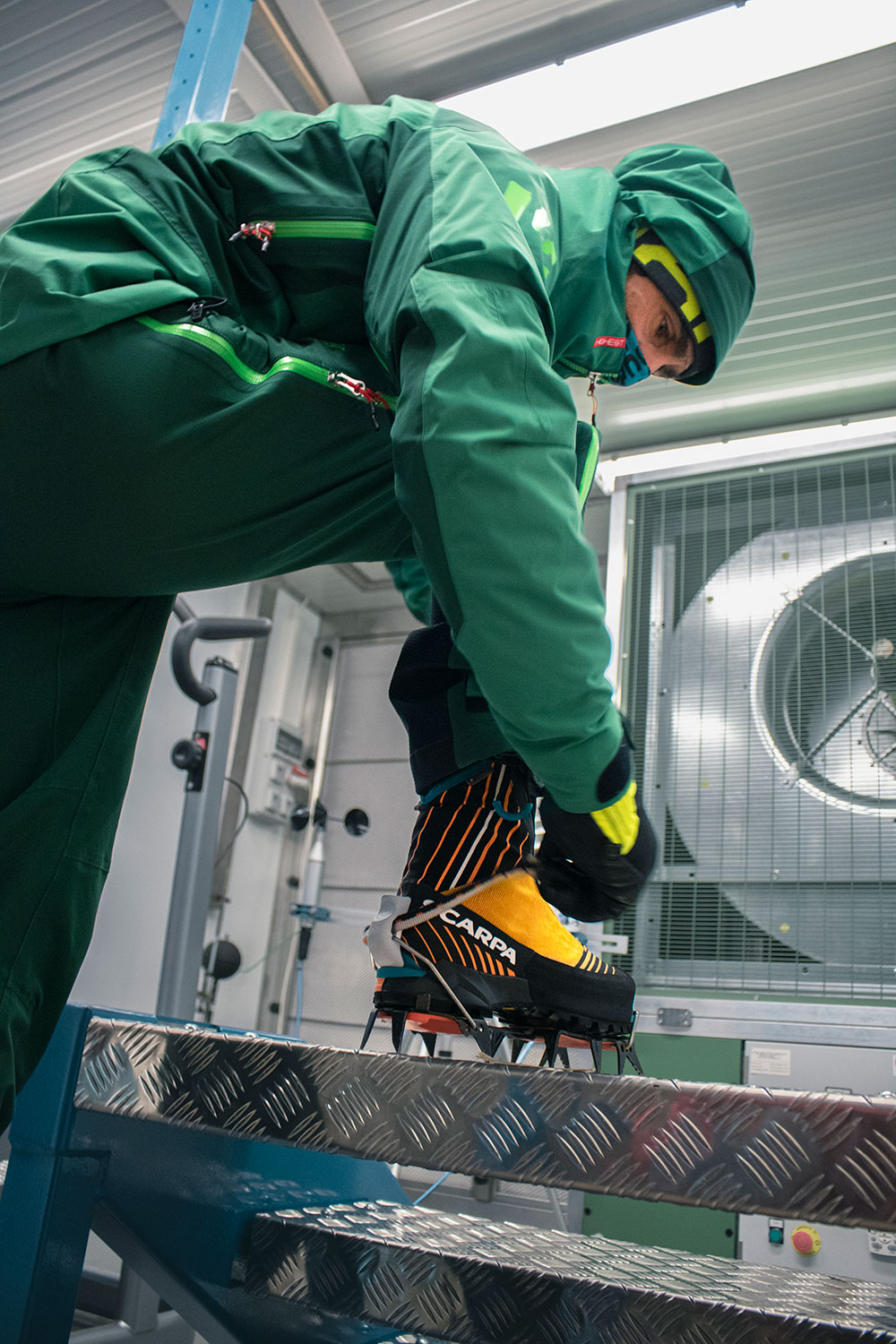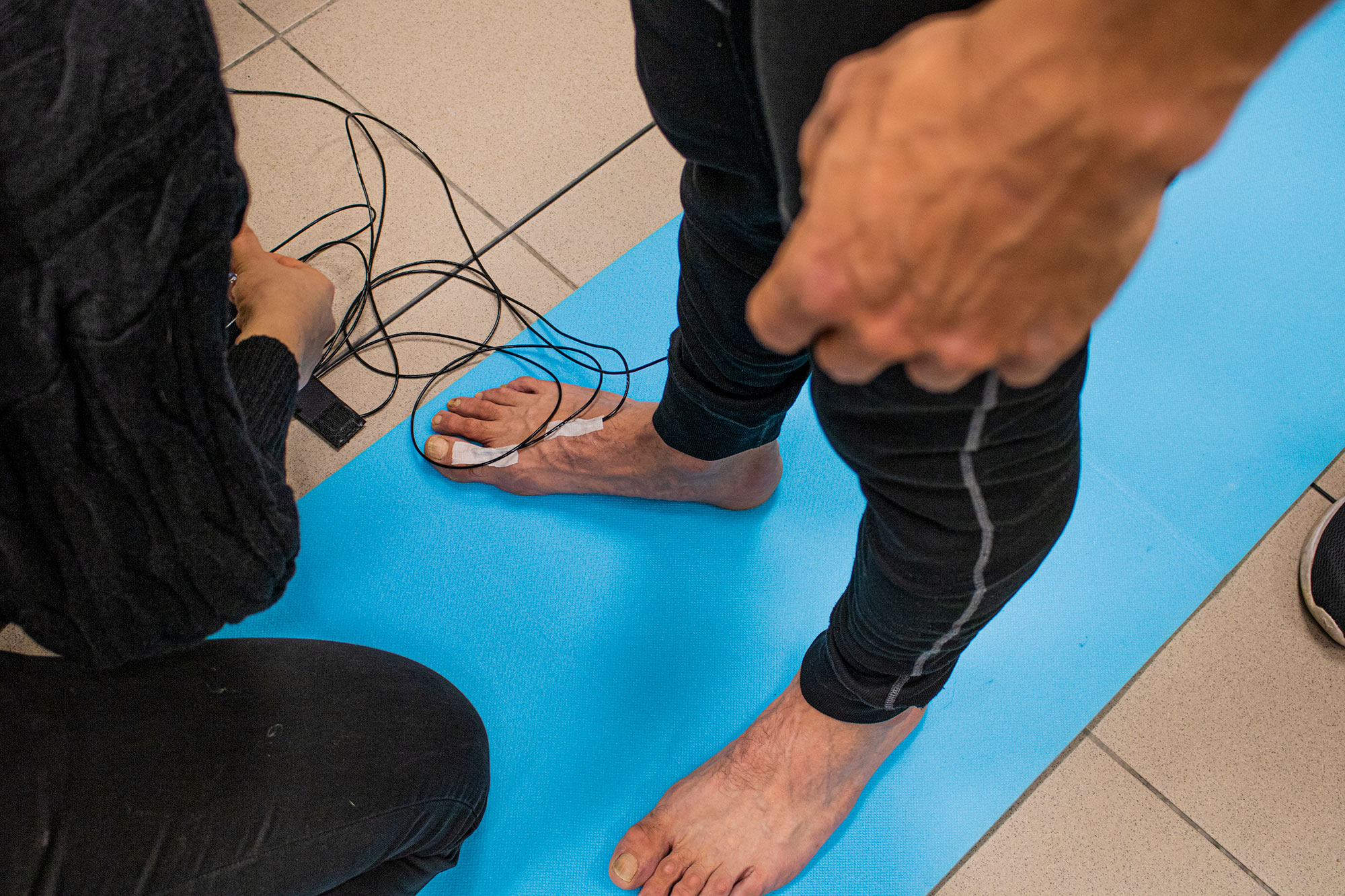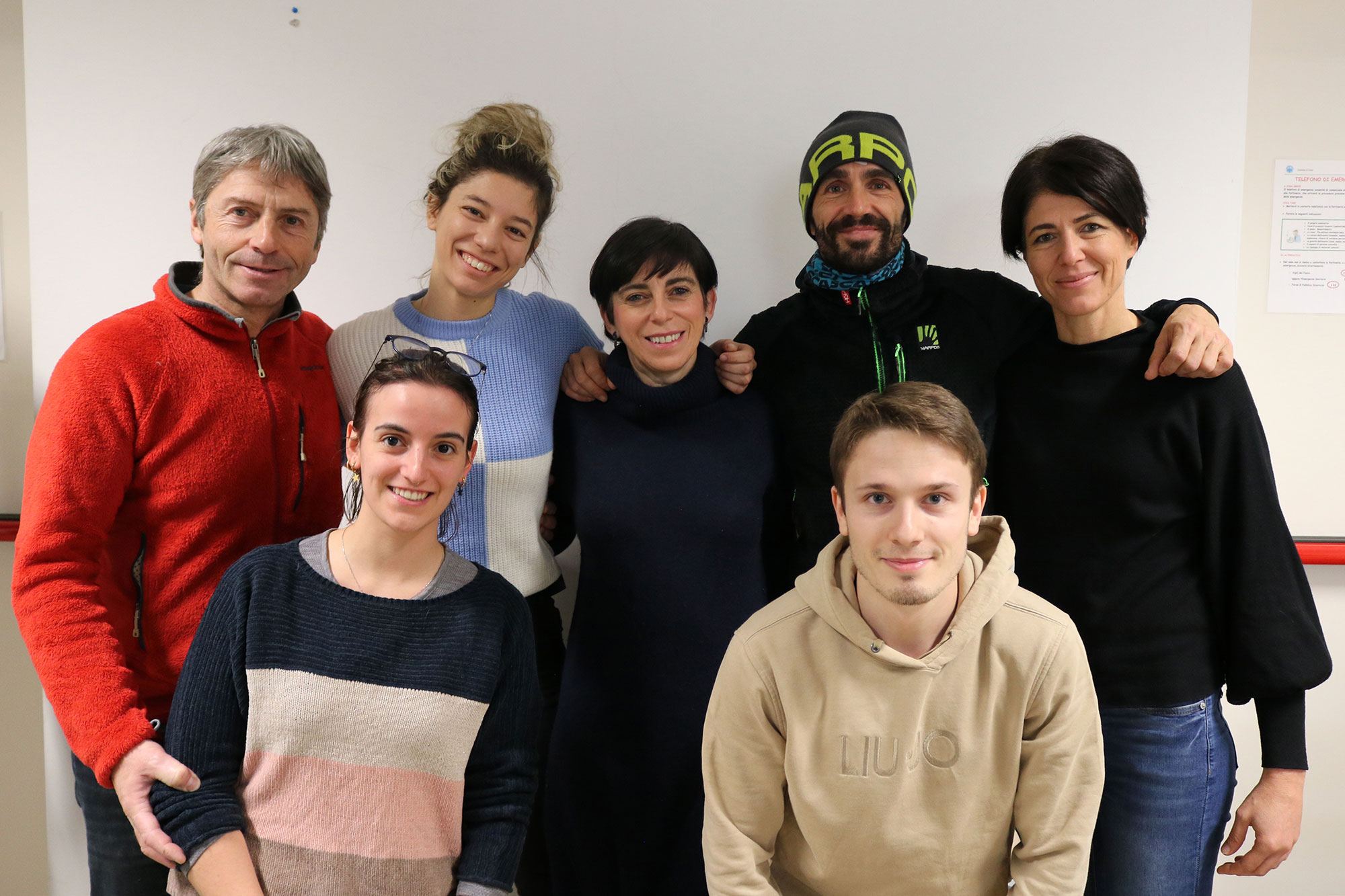SCARPA and Turin Polytechnic University together for a new project
Completed the first phase of testing in the Biella comfort lab, a facility of excellence at Turin University.

The Polytechnic University of Turin and SCARPA are inaugurating a collaboration aimed at developing a thermal insulation analysis model for mountaineering boots, which has never been done in the footwear industry until now. The three-year project stems from the need to study foot insulation in extreme temperatures and thus define a rating scale for thermal comfort in severe cold weather, to make even safer and better performing footwear.
To this end, a Ph.D. program with a scholarship funded 50 percent by the company and 50 percent by the Ministry of University and Research has been set up for researcher Eleonora Bianca of the Turin Polytechnic, which will be spread over three years and will end in 2025. The first phase has just been completed at the Comfort Lab of the Biella campus of the Politecnico, a facility of excellence led by Professor Ada Ferri, which has a special “climatic chamber” in which simulation tests of the foot-shoe system were carried out in a controlled environment, in order to reproduce the behavior of the boot under different conditions of use and observe any changes in it as a function of the variables of time, temperature and humidity.



A number of athletes who are part of SCARPA‘s Mountaineering Team participated in the tests, carried out with the collaboration of the company Karpos, which provided the technical clothing: Mario Vielmo, Luca Schiera, Paolo Marazzi, and Silvia Loreggian. Francesco Favilli, Brand Manager of SCARPA, wanted to emphasize the innovative scope of this project: “Until now, no one had ever thought of conducting scientific tests to measure foot insulation capacity in high mountains, as the industry has always relied on empirical tests, field experience and historical knowledge. Thanks to the collaboration with the Polytechnic University of Turin, we will have accurate and real scientific data with which we can enrich our know-how when designing new products.”




